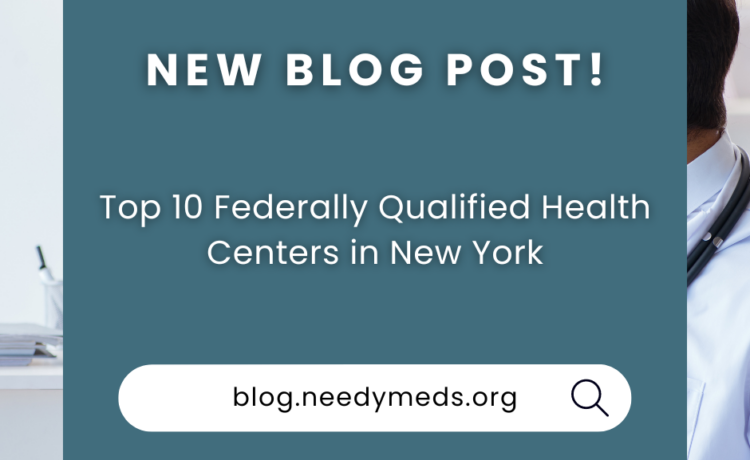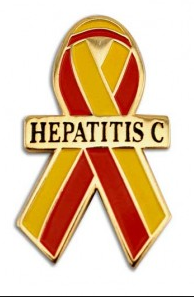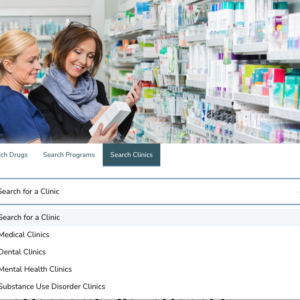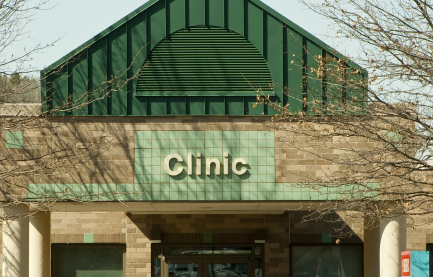Last Updated on March 21, 2025
In a previous post, we talked about Federally Qualified Health Centers (FQHCs), which are fantastic resources for affordable healthcare that you can find on our website. If you’re part of the working class, you’ll appreciate how they offer sliding-scale fees. This means you can pay based on your income—whether you have insurance or not.
We always recommend these clinics because they’re great resources no matter you’re insurance situation. Unlike free or low cost clinics, Federally Qualified Health Centers do not have income limits. They will accept you if you’re insured, uninsured, or are not using insurance. They also provide a full scope of care including primary care, dental care, behavioral health, and more. So if you’re ever find yourself looking for more affordable health services, you should consider going to a local federally qualified health center.
You can find FQHCs throughout the country, but in this article, we’ll focus on some of the major ones available in New York, especially given the high cost of living. Each of these centers have multiple locations in underserved areas, ensuring that healthcare services are within reach for everyone. And remember, these are just a few of the affordable care options out there—check our website to find even more health clinics near you!
Community Health Center of Buffalo
With five locations in Niagara Falls, Cheektowaga, Lockport, and Westminster Commons, Community Health Center of Buffalo offers everything from primary medical care to dental services and mental health support. You can count on them for accessible healthcare services right in your neighborhood.
Damian Family Care Centers, Inc.
Damian Family Care Centers provides a range of healthcare services to underserved communities, focusing on primary care, dental services, and behavioral health. They have four locations in Jamaica and the Bronx, as well as partnership locations in New York City, Ellenville, Long Island City, Richmond Hill, Rhinebeck, Lake Ronkonkoma, Wards Island, and Brooklyn. Their commitment to serving vulnerable populations ensures that essential health services are accessible to those in need.
Community Healthcare Network
Community Healthcare Network (CHN) is a not-for-profit organization providing more than 65,000 New Yorkers with primary and behavioral healthcare, dental, nutrition, wellness, and needed support services. Their network includes 14 federally qualified health centers throughout Brooklyn, the Bronx, Queens, and Manhattan, along with a fleet of mobile vans that bring health services to underserved people in need throughout New York City.
Acacia Network
Acacia Network is the largest Hispanic-led nonprofit in New York State, serving over 150,000 individuals annually through health centers located in the Bronx, Jamaica, Albany, Buffalo, Dunkirk, Brooklyn, and Manhattan. They offer a diverse range of services, including primary care, behavioral health, and support programs for individuals of all ages.
Sun River Health
Sun River Health believes that excellent healthcare is a right for everyone. More than 250,000 patients rely on Sun River Health to receive the care they need and the respect they deserve. With access to over 400 providers in 48 health centers across the Hudson Valley, New York City, and Long Island, they offer a variety of services, including primary care, dental care, and behavioral health.
Whitney M. Young Jr. Health Center
Whitney M. Young Jr. Health Center has six locations in Albany, Troy, and Watervliet. Their vision is to achieve a future where all people attain their highest level of health and well-being. They offer a comprehensive range of services, including primary care, dental care, behavioral health, and addiction treatment. Their mobile clinic, Whitney on Wheels, extends their reach to serve those in need within the community.
Premium Health Center
Premium Health Center has over six locations in Brooklyn, dedicated to providing compassionate and culturally competent care to everyone in need, regardless of their ability to pay. They specialize in delivering comprehensive healthcare and behavioral health services, with a particular focus on the Orthodox Jewish community. Their commitment to meeting the diverse needs of the local population makes them a valuable resource for quality healthcare.
Urban Health Plan
Urban Health Plan operates twelve health centers, one mental health center, and twelve school-based health centers across the South Bronx, Corona, Queens, and Central Harlem. They offer a range of healthcare services designed to meet the specific needs of local communities.
Institute for Family Health
The Institute for Family Health runs 14 locations throughout the Mid-Hudson Valley, Bronx, Manhattan, and Brooklyn. They provide a wide range of services, including comprehensive primary care and a free clinic for uninsured patients. Their dedication to accessible healthcare helps individuals and families get the support they need.
Bronx Community Health Network
Bronx Community Health Network is a nonprofit FQHC that collaborates with major hospitals and healthcare organizations to provide comprehensive care. They operate nine community-based health centers and nine school-based health centers across the Bronx. They are dedicated to enhancing the well-being of Bronx residents by ensuring access to essential healthcare.
Check out our clinic finder tool for even more affordable healthcare options near you! We list nearly 19,000 free, low-cost, and sliding scale clinics on our website, so you’re sure to find one that fits your needs. Quality care is within reach—explore the resources available to you today!




